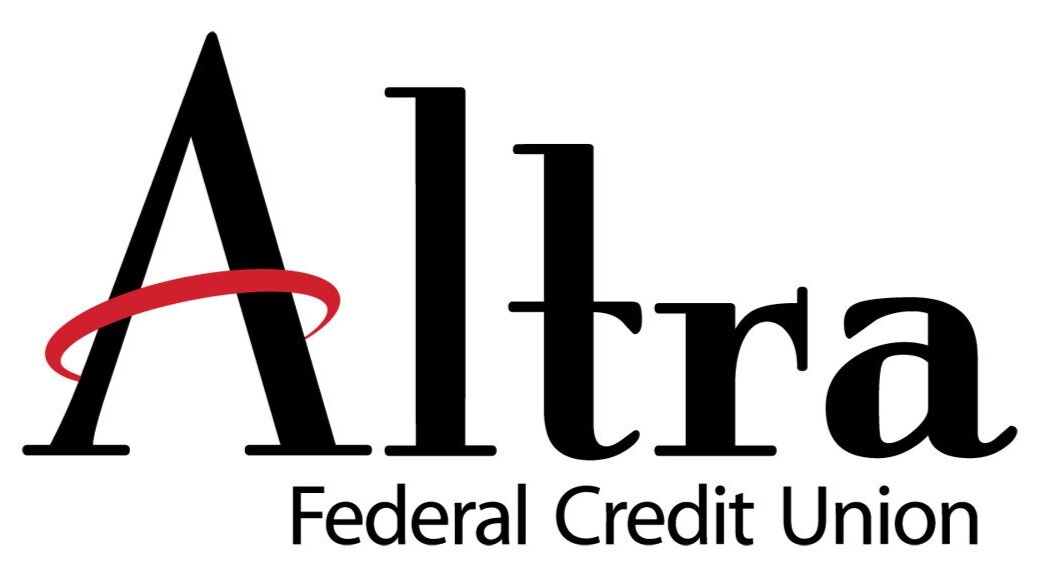Five tips for achieving financial wellness in 2022, from Altra Federal Credit Union
With the turn of the calendar, many of us are starting to think about our financial goals for the upcoming year. But where should we start? Taking that first step can often be the hardest part.
Jackie Urban, Member Education Officer at Altra Federal Credit Union, works to counsel the organization’s members through these difficult conversations.
And while she acknowledges there is no one-size-fits-all solution, she does have a few tips for helping people get on a path toward financial wellness.
Take an inventory
Because everyone’s circumstance is different, Urban advises members to begin by putting together a budget. (Altra offers a free budget calculator for anyone to use on its website.)
“A good place to start is to sit down and take inventory to find out what you have income-wise, what your living expenses are, and what your debt is,” explains Urban.
Doing this, she says, gives you a full picture of your financial situation. From there, you can begin entering your long-term financial goals into the equation.
“I always tell people to underestimate the income and overestimate the expenses,” says Urban. “That can give you the wiggle room you are after.”
As a general rule, Urban adds, try to use last month’s money to pay for this month’s bills.
Make time for communication
For couples and families, even the best intended budget can be disrupted by a lack of communication.
Urban emphasizes that honest conversations in your home about finances can go a long way toward helping you achieve your goals.
She advises couples to “put both of your goals into the budget, not just one.”
One thing you can work together to do right away is create a “stop budget” — this can help determine what can be shut off, what can be taken away, and what your basic needs are.
Take on debt
Carrying loads of debt can be debilitating for a person, which is why Urban recommends being cautious when using credit cards and high-interest loans.
If you do, however, find yourself in a position where debt becomes unmanageable, there are services, such as Greenpath, that can help put you on a debt repayment plan.
(To better understand how to prioritize your debt, you can also request a free credit report.)
Still, Urban cations that not all debt is created equal — acknowledging there are times when taking out a loan can be in your best interest, such as continued education or a new home.
“People sometimes have a preconceived notion that all debt is bad, and that’s not true,” says Urban. “I didn’t pay cash for my house and I didn’t pay cash for my car … You just want to be sure you are doing the math and putting together a spending plan to determine what’s coming in, what’s going out, and what I can afford.”
Start saving
This one you have probably heard this tip before — perhaps from a wise relative when you were a kid — but Urban says it can be one of the hardest to manage.
Her advice: “Start small, start somewhere, start today.”
That could mean putting as little as $5 to $10 away per pay period. Just make sure it’s an amount that fits your budget, so you don’t risk having to steal funds from your savings to pay the bills.
“Start somewhere you can afford it and stay committed to it, so you can keep the money there,” said Urban. “A trickle of water will fill a bucket.”
Talk to a counselor
As Altra’s Member Education Officer, it is Urban’s job to help members navigate financial challenges. And while reaching out for assistance may not come easy for some, Urban says members who do should be commended for being proactive.
“I do really appreciate when folks come to see me, and I know it may sound cliche, but I really like to help people,” she says.
Through the consultation, Urban not only identifies areas for improvement, but also the positives. Maybe you have a steady job, or equity in your home. She says even when people find themselves in tough times, there are often enough reasons to offer hope.
“I truly believe people want to pay their obligations,” shares Urban. “A lot of times when people don’t pay them, there’s usually a really good reason — something bad has happened, they don’t have the skills — none of which makes people bad.
“As long as you are willing to help yourselves, Altra is going to help you.”







